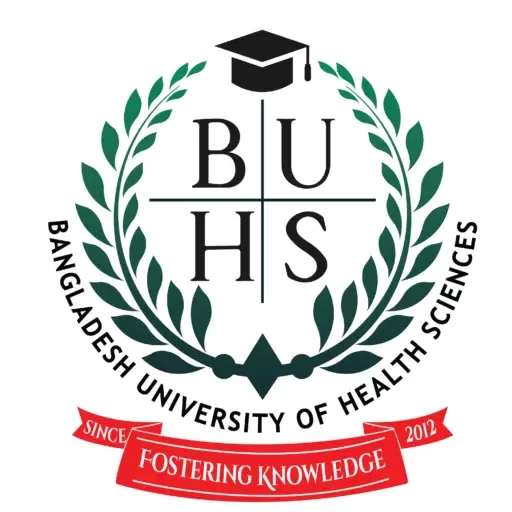Hypothyroidism: If not treated in time, it leads to an underperforming population
- Keywords: Hypothyroidism, cognitive function, mental health, physical health.
Abstract
ABSTRACT
Thyroid dysfunction has detrimental effects on human health especially in pregnant women, children, patients with cardiovascular and
other diseases. Hypothyroidism (HT) is the most common thyroid disease (TD) that occurs due to low circulating thyroxine and affects
human mental and physical health. The diagnosis of hypothyroidism (HT) is based primarily on biochemical parameters, with
thyroid-stimulating hormone (TSH) levels (elevated above normal) being the most sensitive indicator of thyroid status. It can present
with a number of symptoms, such as poor ability to tolerate colds, a feeling of tiredness, constipation, slow heart rate, depression,
weight gain, and low cognitive function. Its clinical manifestations in the elderly may be less obvious than other conditions related to
aging. Thyroid function test interpretation may be altered due to the presence of non-thyroidal illness. Special considerations may
apply in planning treatment due to changes in the metabolic clearance of thyroid hormone, drug interactions, and potential adverse
reactions. In this article we will discuss the burden and impact of diseases in society, also discussing how low hormones affect different
organs and the physiology of the body. We also discussed how to harm the HT in our generation.
